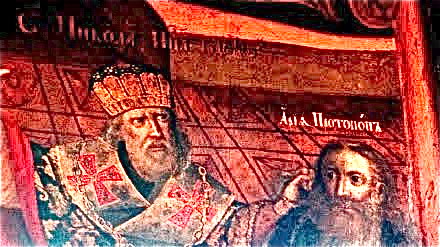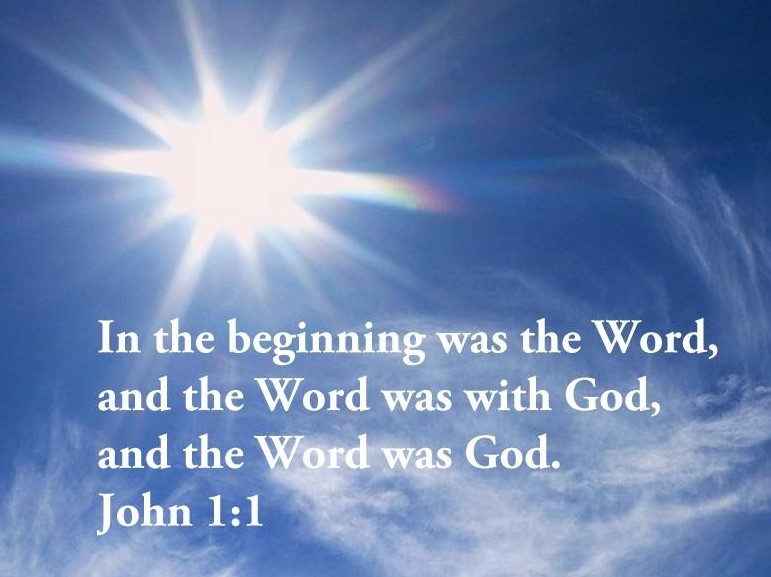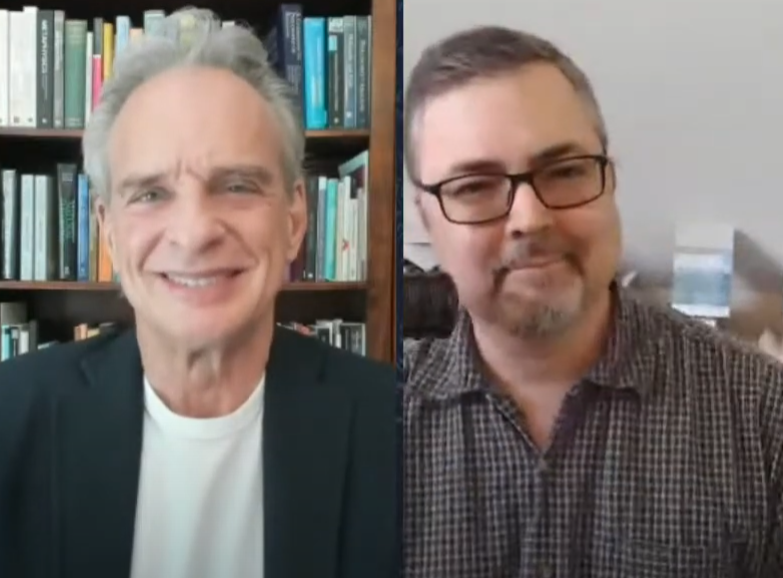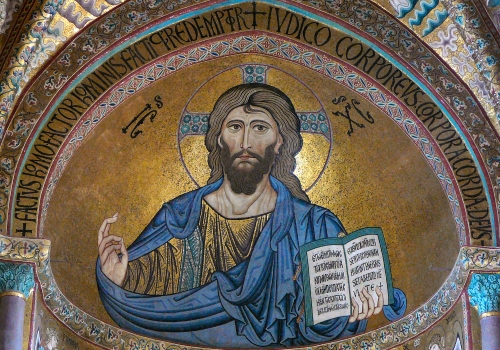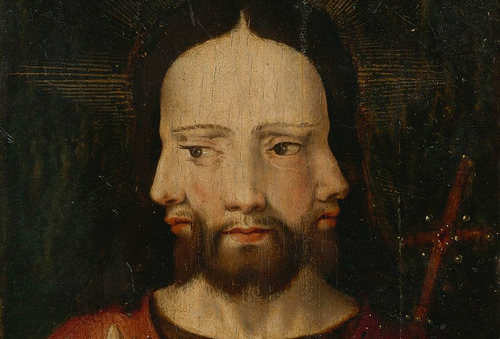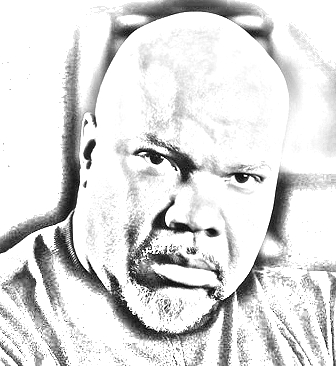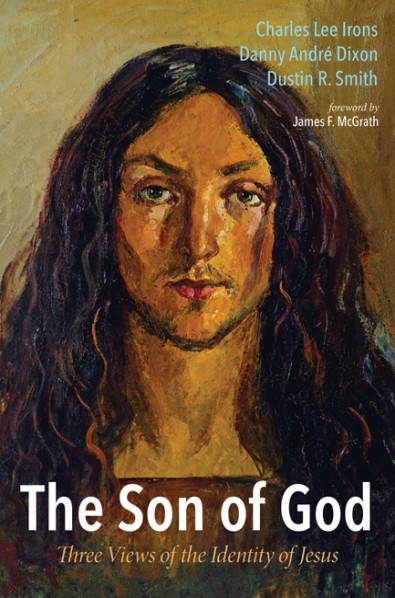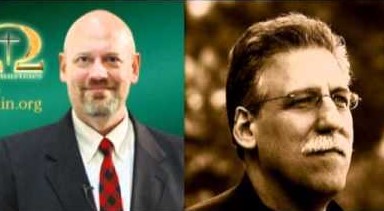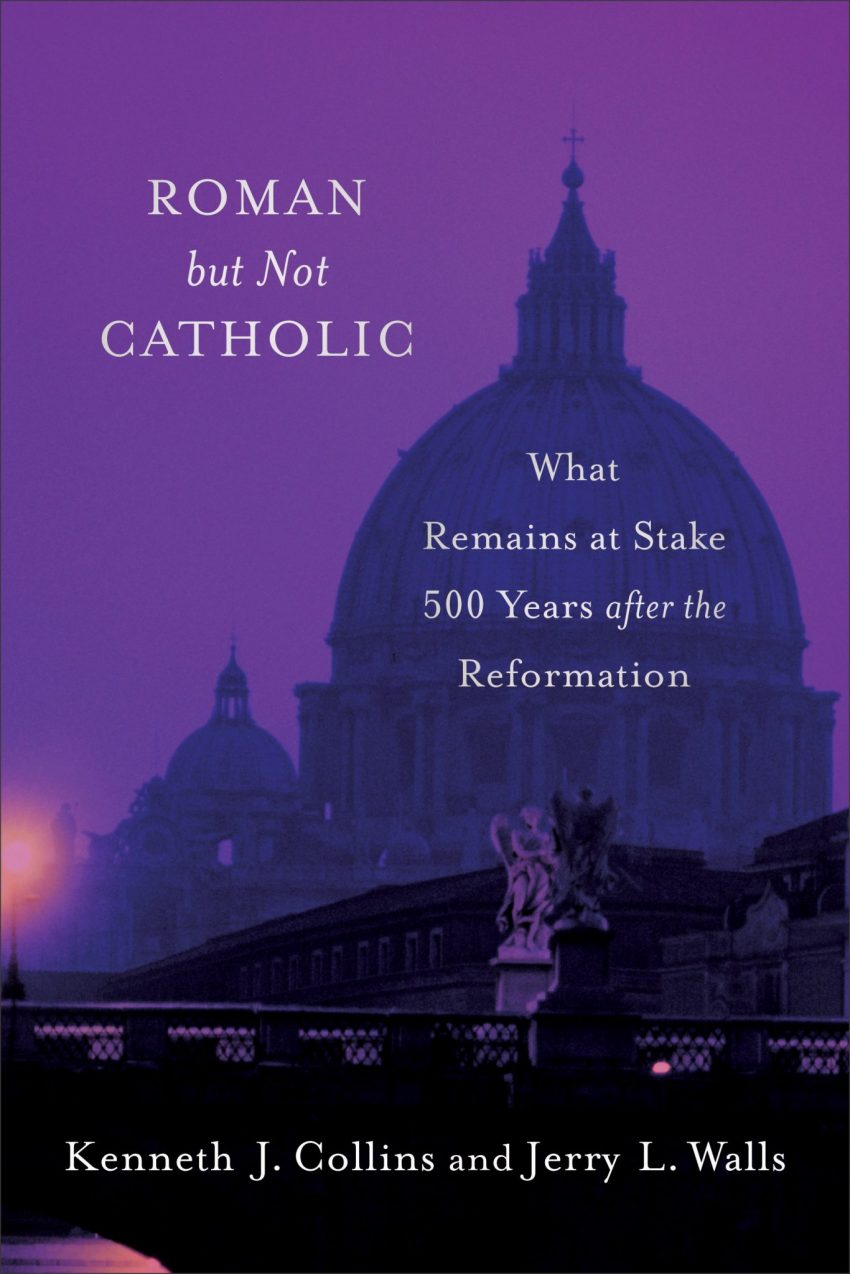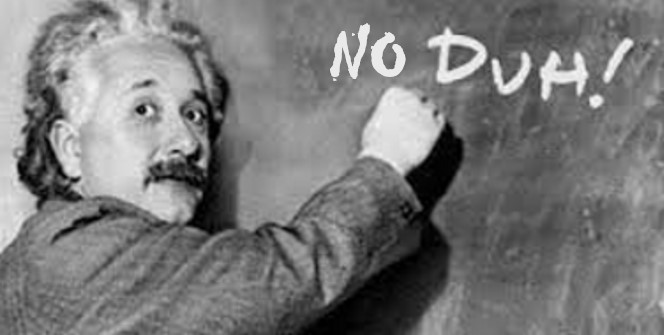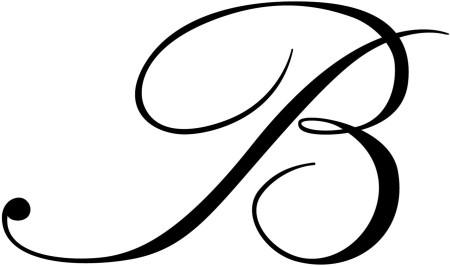Search Results for: DEALING WITH APPARENT CONTRADICTIONS: PART
A Lesson in Christological Rhetoric
“I believe in the divinity of Christ.” Perfect. Like a Rorschach test, people can read it however they want.
John Biddle’s unitarian confession of the Holy Trinity
 John Biddle (1615-62) (also spelled “Bidle”) has been called “the father of English Unitarianism.” (But he didn’t use the word “unitarian” – that had yet to be coined, as a more descriptive, less polemical alternative to “Socinian.”) When he taught his theology publicly, he ran afoul of the the law, and eventually died in jail, imprisoned for his beliefs.
John Biddle (1615-62) (also spelled “Bidle”) has been called “the father of English Unitarianism.” (But he didn’t use the word “unitarian” – that had yet to be coined, as a more descriptive, less polemical alternative to “Socinian.”) When he taught his theology publicly, he ran afoul of the the law, and eventually died in jail, imprisoned for his beliefs.
Here are three of the six articles of his A Confession of Faith Touching the Holy Trinity, According to Scripture. (1648, reprinted in a 1691 book, itself reprinted in 2008.) I have modernized his spelling and use of capitals and punctuation, and have added emphases in bold.
Article I: I believe that there is one most High God, creator of heaven and earth, and first cause of all things pertaining to our salvation, and confessedly the ultimate object of our faith and worship; and that this God is none but the Father of our Lord Jesus Christ, the first person of the Holy Trinity. (p. 1)
Article II: I believe that there is one chief Son of the Most High God,Read More »John Biddle’s unitarian confession of the Holy Trinity
Santa vs. Arius, round 2
Now that I’m actually looking for it, I see that this stuff is very popular on Catholic websites and blogs. Here it is – the same version I mentioned last time in comic form. Excellent epistemologist and apologist Tim McGrew responded on Facebook to my previous post: Of the 318 bishops that Athanasius (and Eusebius in his Chronicon) say were present, I can find names… Read More »Santa vs. Arius, round 2
Richard of St. Victor’s De Trinitate, Ch.16 (Joseph)
So next up ch.16. Here’s my version of what goes on in this chapter:
- Full wisdom and power can exist in only one person. If, per impossibile, there is only one divine person, he can still have fullness of wisdom and power.
- The pleasures of wisdom and love differ. The pleasure of wisdom can be drawn from oneself. The pleasure of love must be drawn from another. Anyone who loves and desires to be so loved but doesn’t receive such love is displeased. But the pleasure of wisdom is even better when one derives it from oneself.
- If, in divinity, there is only one person, such a person can have full wisdom. Full wisdom and full power can’t exist without each other. For suppose someone lacks omnipotence. If she doesn’t know how to obtain what she so lacks, then she lacks full wisdom. And anyone who unwillingly suffers some defect of wisdom lacks full power. Therefore, if, in divinity, there is only one person, such a person can also have full power.
Re 1: I like the implicit distinction here between what is a real and only a conceptual possibility. There can’t really be only one divine person. For, as Richard is trying to demonstrate, there must be at least three divine persons. But the concepts of full wisdom and power don’t conceptually imply the concept of more than one divine person.Read More »Richard of St. Victor’s De Trinitate, Ch.16 (Joseph)
Debating John 1: Eusebius vs. Marcellus
A forgotten 4th c. debate: Is the Logos of John 1 a divine being in addition to God, or a power and energy of God?
podcast 349 – Craig-Tuggy dialogue on trinitarian vs. unitarian theologies
Discussing trinitarian vs. unitarian Christian theologies with Dr. William Lane Craig.
podcast 124 – a challenge to “Jesus is God” apologists
In this episode, I walk you through an argument against confusing Jesus with his God.
Answer to Angeliqua’s “The 1-2 Punch Against the Charge that Trinity is Tritheism”
Dialogue with an apologist about changes of tritheism and “the doctrine of the Trinity.”
David Kelley on How to Evaluate Definitions
How does one objectively evaluate a definition of a concept, e.g. trinitarian or unitarian?
a reply to Robert Bowman on biblical monotheism, the Trinity, and the Shema
Thanks to Rob Bowman for his thoughtful reply to my previous post regarding the Shema and his argument with Sir Anthony Buzzard. While I sided with Mr. Bowman regarding the meaning of the Shema (as saying that YHWH is unique – who which only presupposes, but doesn’t assert that he is a god), I think Buzzard is correct that ancient Jews thought that YHWH was… Read More »a reply to Robert Bowman on biblical monotheism, the Trinity, and the Shema
podcast 117 – The Son of God 1 – Dr. Lee Irons’s trinitarian view of Jesus
Dr. Lee Irons on his contribution to the new book The Son: Three Views of the Identity of Jesus, interview by Dr. Dale Tuggy for episode 117 of the trinities podcast.
Brown vs. White on the Trinity
How can they respond to an argument which shows that they collapse the Father/Son distinction?
“Well OF COURSE they distinguish the Son from the Father!”
How Trinity theories cause a “blind spot” when reading the New Testament.
Bowman vs. Buzzard on the Shema
Today’s letter is “B.” At Bowman’s blog, Bowman and Buzzard battle about the basic building block of Old Testament belief – that YHWH is but one. But who has the better of this bitter brawl? Will Bowman best Buzzard? Or will Buzzard beat Bowman? Bowman’s a bit burned, as he feels he’s been a bit abused. But I think it best to leave that issue… Read More »Bowman vs. Buzzard on the Shema
Surrejoinder on Divine Deception
I dropped two nukes on Dale’s divine deception argument in two previous posts, which I dubbed Fat Boy and Little Man, respectively. From the ashes Dale returned desperate and feeble fire. Out of respect for my worthy friend foe, I now respond with some a fallout clean up and hereafter promise ceasefire. Dale’s Response to Little Boy In answer to my skeptical theist response to… Read More »Surrejoinder on Divine Deception
A Few Thoughts on Sudduth’s Open Letter
 A few thoughts on re-reading Sudduth’s open letter explaining his conversion.
A few thoughts on re-reading Sudduth’s open letter explaining his conversion.
Saith Sudduth,
Krishna is the all-attractive Absolute who is manifested in the different religious traditions of the world. There is merging into impersonal Brahman. There are also distinctly theistic experiences in which the self encounters a personal God.
The ultimate being is either personal or not. Thus, it can’t be that both the aforementioned experiences are veridical, i.e. represent God as God really is.
I think Sudduth agrees; he goes on to explain that “merging” experiences are something like the devotee coming in contract with what some would call the “energies” of God. Of course, Indian philosophers like Sankara would disagree. And I don’t know why we should accept Sudduth’s claim that:
…that transcendental consciousness (the aim of nearly all religious traditions) is in fact variegated in nature.
I don’t know that there is any one general sort of experience which nearly all traditions aim at. Experiences of a loving god are not at all like the sorts of experiences monistic types profess, wherein, they say, Read More »A Few Thoughts on Sudduth’s Open Letter
Defining the concept of a trinitarian
 I woke up this morning, and realized that there is a problem with how I’ve been defining the concept of a unitarian. In this post, I will attempt a definition of the concept of a trinitarian, after reviewing what is required of a good definition. Next time, I’ll try to define the concept of a unitarian.
I woke up this morning, and realized that there is a problem with how I’ve been defining the concept of a unitarian. In this post, I will attempt a definition of the concept of a trinitarian, after reviewing what is required of a good definition. Next time, I’ll try to define the concept of a unitarian.
According to the textbook I have used for years in my critical thinking class, a good definition should:
- Include the genus and a differentia.
- Not be too broad or too narrow.
- State the essential attributes of the concept’s referents.
- Not be circular.
- Not use negative terms unnecessarily.
- Not use vague, obscure, or metaphorical language. (p. 44)
What is a trinitarian?
Definition 1: someone who believes in a triune god.


